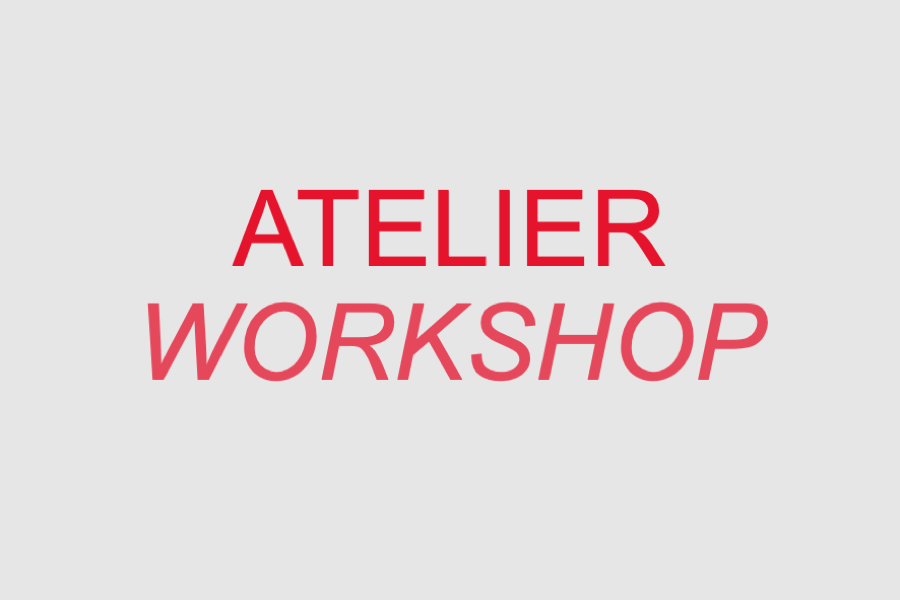
Half-Day Seminar, Urban and regional research: Beyond methodological nationalism and colonial legacies, 20.05.2025, 2-7pm CET
12 May 2025Citarella et al. 2025, “Au-delà du design actif : construisons un urbanisme actif et sportif !”, Base 93
22 May 2025Alisha C. Holland, Creative Construction: The Rise and Stall of Mass Infrastructure in Latin America, 05.06.2025, 6:30pm-8pm CEST
Zoom
Presentation of the upcoming book:
Creative Construction: The Rise and Stall of Mass Infrastructure in Latin America
Infrastructure is at the heart of contemporary development strategies and critical for vibrant cities. Yet short time horizons are thought to impede infrastructure provision in democracies. Why do elected politicians invest in infrastructure projects that will not be completed during their time in office? The answer depends on understanding what infrastructure is and does in politics. I argue that the political rewards from infrastructure projects come from the associated contracts. Like many goods and services, infrastructure investments are neither fully privatized, in the sense of transferring ownership to the private sector, nor fully public, in that the state directly builds projects. Governments instead contract out to the private sector. In Latin America, politicians use their discretion in the contracting process to secure campaign donations, as well as personal rents. They also manipulate contracts—and particularly the use of public-private partnerships (PPPs)— to hide project costs, shift liabilities to future administrations, and move project decisions away from legislatures. Detailed evidence from 1,000 large infrastructure contracts and qualitative case studies of urban subways, highways, and energy projects demonstrate why politicians invest in infrastructure and why projects often fail to produce the economic development and urban welfare gains promised.
Speaker:

Alisha C. Holland is the Gates Professor of Developing Societies in the Government Department at Harvard University. Before joining the Harvard faculty, she was an Assistant Professor in the Politics Department at Princeton University and Junior Fellow at the Harvard Society of Fellows. Her first book, Forbearance as Redistribution: The Politics of Informal Welfare in Latin America (Cambridge Studies in Comparative Politics, 2017), looks at the politics of enforcement against property law violations by the poor, such as squatting, street vending, and electricity theft. She is finishing a new book on the politics of mass infrastructure investments in Latin America.
Discussant: Marcela Alonso Ferreira, PhD Candidate, CEE, Sciences Po
Subscribe to our mailing list | For more information: citiesarebackintown@sciencespo.fr

